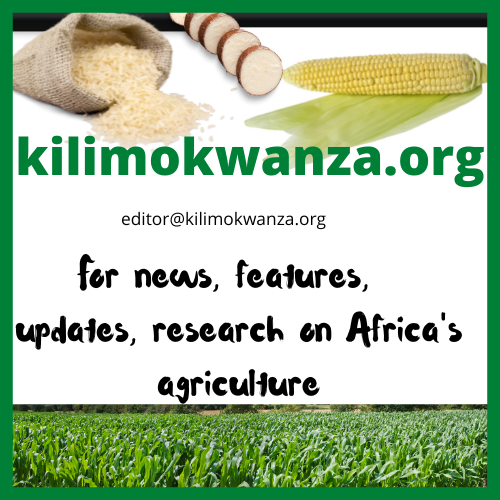Tanzania’s Poultry Industry: Significant Growth and Promising Future
Kilimokwanza.org
The 2024/5 budget speech for the Ministry of Livestock and Fisheries highlighted significant advancements in Tanzania’s poultry industry. This sector, crucial for the country’s agricultural economy, has seen substantial growth in various areas, from production to international trade. Here’s an in-depth look at Tanzania’s poultry industry’s key developments and prospects.
Impressive Growth in Poultry Production
The budget speech revealed a marked increase in poultry production. In the fiscal year 2023/2024, 95,584,347 chicks were produced and distributed nationwide, compared to 83,845,967 in the previous year. This 13.9% increase underscores the government’s efforts to boost poultry farming through improved breeding and farming practices.
Of the total chicks produced in 2023/2024, 73,481,572 were broiler chicks, 14,163,396 were hybrid chicks, and 7,939,379 were layer chicks. These figures reflect a balanced focus on both meat and egg production, catering to the growing domestic and international demand for poultry products.
Expansion of Poultry Breeding Infrastructure
The government has taken significant steps to enhance the poultry breeding infrastructure. The establishment of Aviagen East Africa Limited in Kilimanjaro marks a major milestone. This facility, dedicated to producing grandparent stock, has started supplying high-quality chicks, with 515,174 parent-stock chicks produced in 2023/2024. Notably, 468,340 of these chicks were exported to Uganda, Kenya, Congo DRC, Rwanda, Burundi, Eritrea, Ethiopia, Djibouti, Somalia, and South Sudan.
Boost in Poultry Exports
The budget speech highlighted the increase in poultry exports, with 2,701,429 chicks sold to countries like Zambia, Belgium, Kenya, France, Poland, and the United Kingdom. This export growth contributes to the country’s foreign exchange earnings and positions Tanzania as a key player in the regional and global poultry market.
Improved Regulation and Support for Local Producers
To further support local poultry farmers, the government issued 71 permits for importing parent-stock chicks in 2023/2024, ensuring a steady supply of high-quality breeding stock. This move aims to enhance the genetic quality of the local poultry population, leading to higher productivity and better yields.
Moreover, the Ministry has registered 85 new distributors to streamline the supply chain and reduce fraud by unscrupulous agents. Additionally, 170 informal hatcheries in 11 regions, producing approximately 2,837,628 chicks annually, have been identified and integrated into the formal market system to ensure better regulation and quality control.
Strengthening Domestic Consumption and Nutrition
The government continues to promote poultry consumption as part of its broader nutrition strategy. The School Milk Program has been expanded to include eggs, aiming to improve children’s nutritional status and create a stable demand for poultry products. This initiative, alongside various public awareness campaigns, is expected to increase domestic poultry consumption significantly.
Future Prospects and Government Support
Looking ahead, the Ministry of Livestock and Fisheries plans to maintain and accelerate the poultry industry’s growth trajectory. Ongoing investments in breeding facilities, regulatory improvements, and support for small-scale and commercial farmers will drive further advancements.
The government’s commitment to enhancing the poultry sector is evident in allocating resources for training, infrastructure development, and market expansion. By fostering a conducive environment for poultry farming, Tanzania aims to achieve self-sufficiency in poultry products, reduce imports, and enhance its export capabilities.
Tanzania’s poultry industry is on a promising path of growth and development. The government’s proactive measures and the industry’s resilience and innovation are paving the way for a brighter future. As the sector expands, it will play a crucial role in ensuring food security, improving nutrition, and contributing to the country’s economic prosperity.


